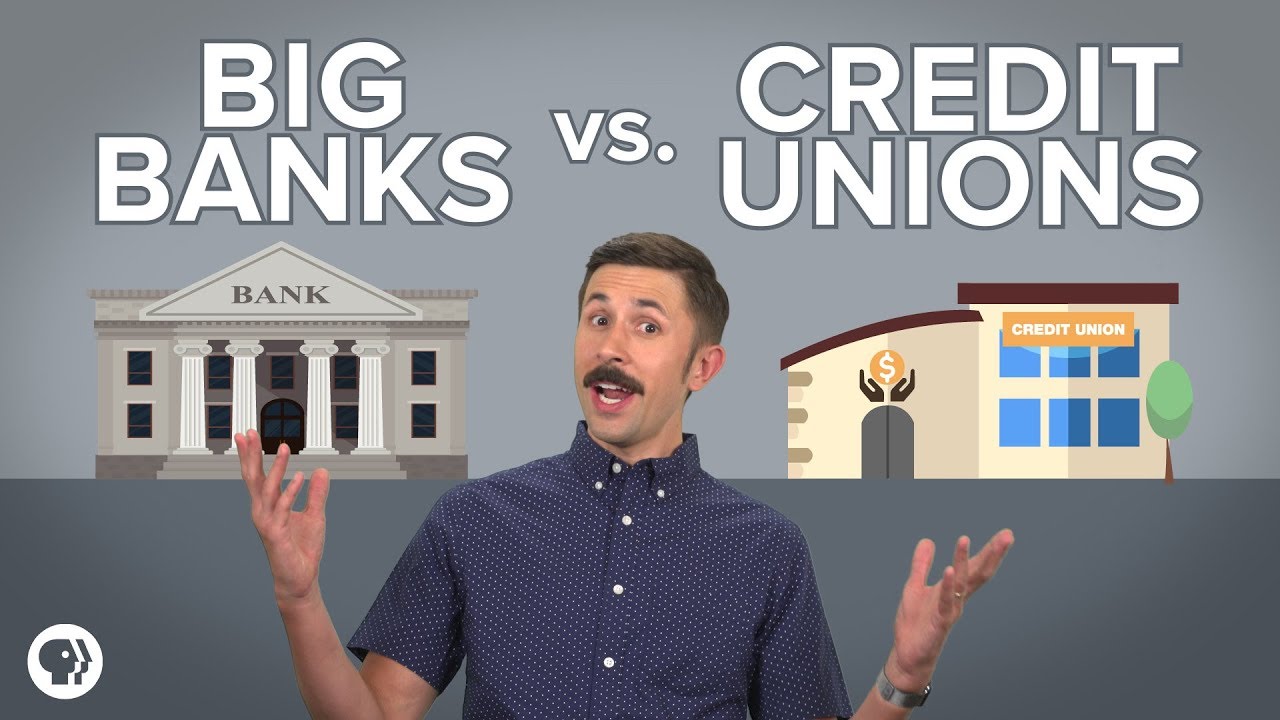Have you ever been skeptical of big banks and their flashy advertisements? It’s not surprising. Over the years, large financial institutions have been involved in scandals, predatory behavior and risky practices that have caused suffering to ordinary people. It’s no wonder that only 27% of Americans have confidence in the banking system.
But have no fear! There are alternatives to big banks that can provide you with the financial services you need without the risks and mistrust. Let’s explore some options that might be perfect for you.

Local Community Banks: Your Town’s Heroes
Your local community bank is a great alternative to big banks. These banks often offer lower fees and charges than national chains, and they are less likely to use your money for risky investments. By choosing a community bank, you also support local development, as they tend to invest in projects and businesses that create jobs and improve your hometown. You can easily find community banks in your area by visiting the ICBA website.
Online banks: the future of banking
Another option to consider is online banks like SIMPLE and CHIME. These banks don’t have physical branches, which means they have lower expenses and can pass those savings on to you in the form of lower fees. Additionally, they often have no account minimums, charge no overdraft fees, and offer free ATMs at various locations. Don’t worry about security, because online banks still offer FDIC protection on deposits up to $250,000 per person per account type.
Credit Unions: The Power of Community
If you’re looking for a more personal, community-focused banking experience, credit unions might be the perfect fit for you. Credit unions offer services similar to banks, including deposits, withdrawals, loans and credit cards. The main difference is that credit unions are nonprofit entities. Any profits made by the credit union are returned to you in the form of lower fees, higher savings rates, and better loan terms. Credit unions operate on a member-ownership basis, meaning that anyone who keeps their money in a credit union is a part-owner of the institution. Most credit unions offer FDIC-style protection through NCUSIF and are often part of a national shared branch network, giving you access to ATMs and branches across the country.
Considerations: Big Banks and Alternatives
While there are many benefits to opting for a local community bank or credit union, it’s important to consider a few drawbacks. Big banks have the advantage when it comes to international banking and lending, making them a better choice if you travel frequently or have cross-border business interests. Additionally, larger banks typically offer more advanced digital services like online banking apps and accounting tools. If these technology features are important to you, be sure to ask about the support provided by small banks and credit unions.
In conclusion, it is time to reconsider your relationships with the big banks. Explore the options available in your community and find a financial institution that matches your values and needs. Whether it’s a community bank, online bank, or credit union, rest assured that there are alternatives that can provide you with the services you need while prioritizing your financial well-being. Say goodbye to the big banks and embrace a more trusted, community-driven approach to banking.
And that’s our two cents!

